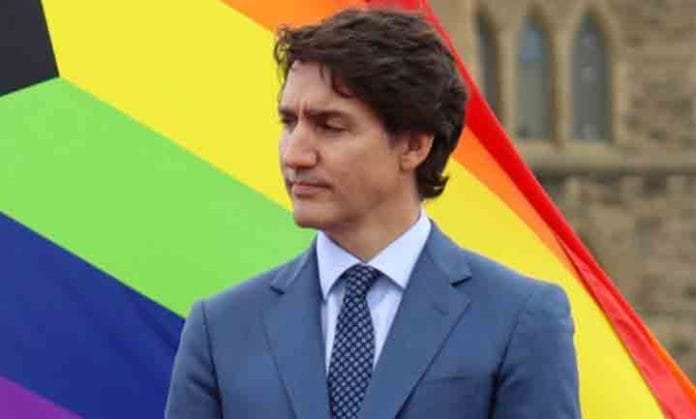Introduction: Setting the Stage for Diplomatic Tensions
In recent times, Canadian Prime Minister Justin Trudeau has found himself at the center of controversy for making allegations against India, though failing to provide evidence upon request. Amidst this diplomatic tangle, China has unexpectedly intensified matters with its own set of actions. What has ensued is a tapestry of international relations entwined with political subtexts, including the 19th Asian Games in Hangzhou city of China.
Trudeau’s Allegations: The Void of Proof
Justin Trudeau’s allegations against India have raised eyebrows on a global scale. Despite inquiries, the Prime Minister has yet to present any substantive evidence to support his claims. This lack of transparency not only raises questions about the integrity of his statements but also stokes the embers of strained relations between India and Canada.
[ez-toc]
India’s Robust Response: No Room for Baseless Claims
In the face of Trudeau’s silence, India’s government has not remained passive. Assertive counteractions have been taken to ensure that such allegations do not go unchecked. The country is keen on maintaining its international reputation and is unafraid to challenge any nation that seeks to tarnish it. India’s proactive response serves as a cautionary tale to nations that presume to make baseless claims without due evidence.
The China Equation: Adding Fuel to the Fire
While the tension between India and Canada simmers, China has unexpectedly entered the equation. The 19th Asian Games in Hangzhou has become a focal point for China’s actions against India. The Chinese government’s refusal to grant visas to three female players from India’s Wushu team marks another chapter in China’s longstanding discrimination against athletes from the northeastern states of India.
Staple Visas: A Discriminatory Precedent
In this context, it is worth noting that the Indian Wushu players were not merely denied visas but were actually given staple visas. This is a pointed move that seeks to deprive these athletes of recognition, thereby diminishing their participation in the Games. This is not an isolated incident; in 2016, China refused a visa to Bamang Tago, the coach of the Indian badminton team.
China’s Geopolitical Games: Arunachal Pradesh and the Tibet Connection
China’s stance towards the northeastern states of India is not arbitrary but is rooted in deep-seated geopolitical issues. China claims Arunachal Pradesh as South Tibet and has consistently opposed any significant Indian activities in the region. Beijing’s objections are further extended to any visit by the Tibetan spiritual leader, Dalai Lama, to Arunachal Pradesh. This stems from the fact that China regards Tibet as its integral part, further claiming all areas that were once part of the Tibetan Empire.
Conclusion: A Complex Web of International Relations
As matters stand, the controversy stemming from Justin Trudeau’s allegations against India has not only escalated tensions between India and Canada but has also drawn China into the fray. The intricate dynamics at play are underscored by China’s own maneuverings, particularly its treatment of Indian athletes in the 19th Asian Games. While Trudeau’s silence on his allegations raises questions about the validity of his claims, India’s assertive response and China’s actions add complex layers to an already charged international arena. The confluence of these events paints a vivid picture of the fragile and interconnected landscape of global politics.













